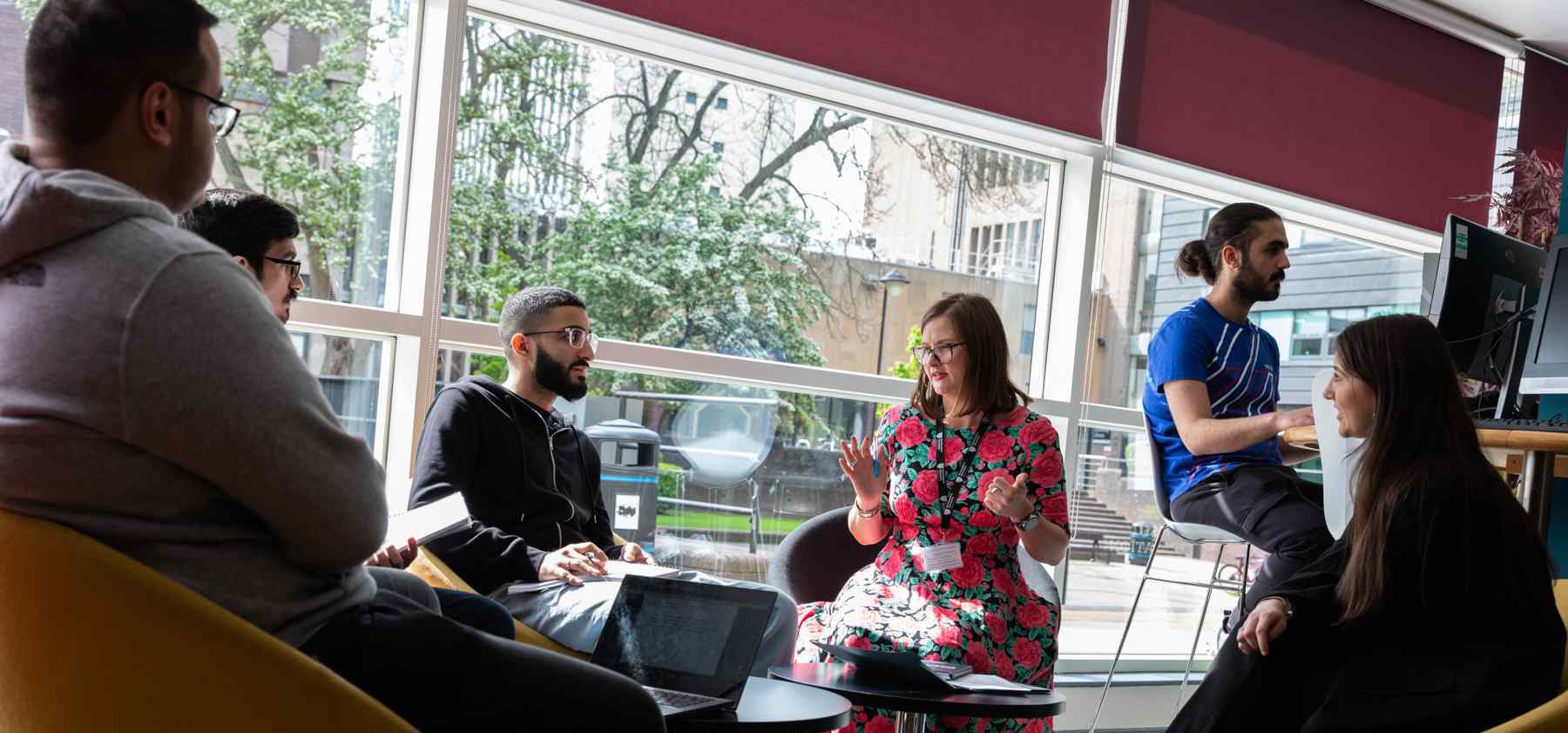Foundation - NQF Level 3
International Fee:
£20,750 (12 months) £16,750 (9 months) £11,250 (6 months)
Undergraduate degrees in Business and Law
5 GCSE/iGCSE passes at grade A-C, or equivalent
From IELTS 4.5 with no single element below 4.0, or equivalent, from a UKVI Approved centre
12, 9 or 6 months
16 - 18
18
Portfolio tasks, written coursework, project planning, group and individual presentations, self and peer reflections, learning journals and examinations.
Available
Not available
January, March, October





